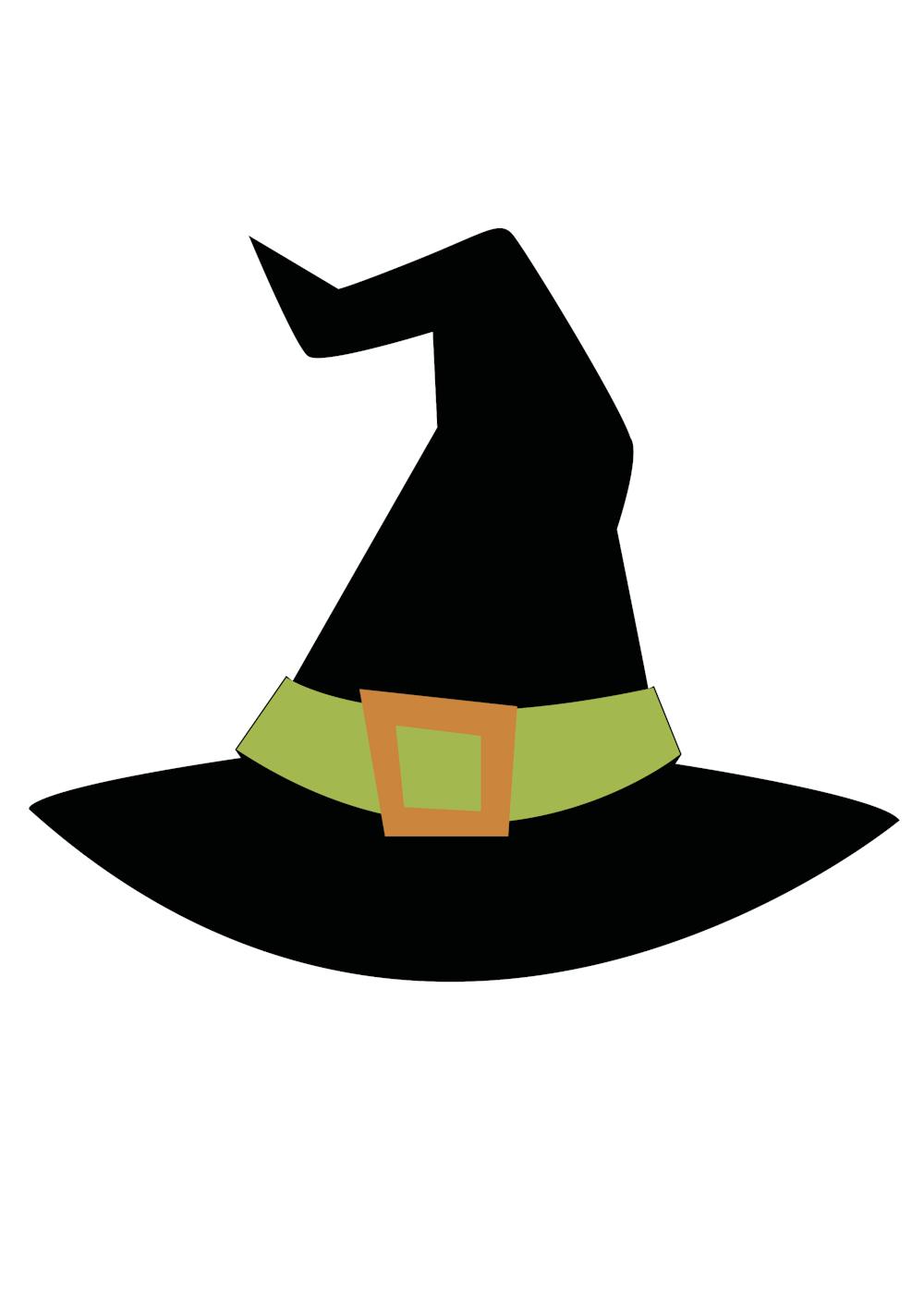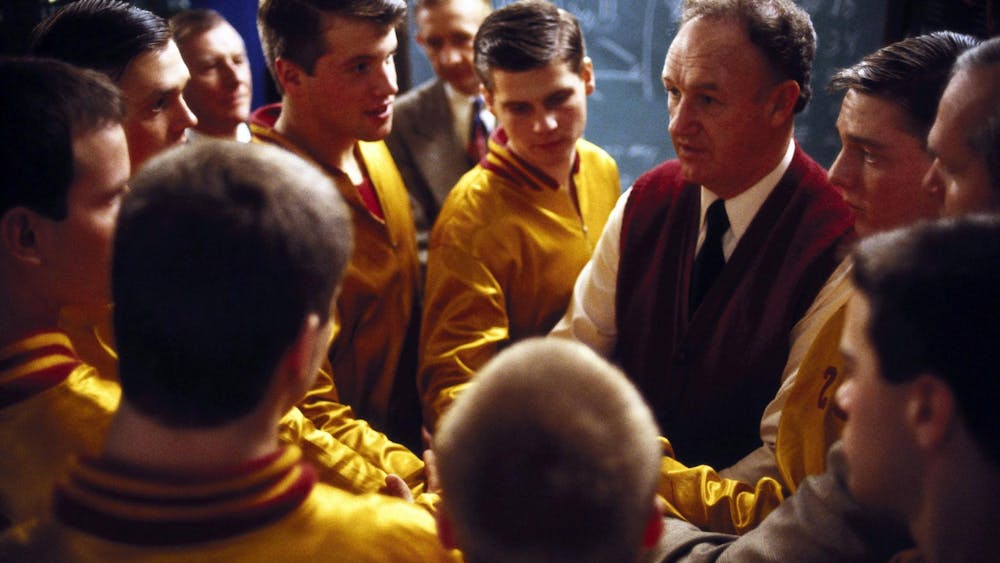Terri Francis, associate professor and expert on African-American cinema, Jamaican film history and Afro-surrealism, was recently named the new director of the Black Film Center/Archive at the IU Media School.
Established in 1981, the Black Film Center/Archive was originally created as a repository of films by and about African Americans, but has grown to include extensive programming and scholarly research. Francis answers questions about her history with film and her hopes for the BFC/Archives.
Indiana Daily Student: What does your position entail?
Francis: I will be overseeing the day-to-day operations and stewarding the vision of the archives, or rather the Center/Archives. I have been working to say Center/Archives because it is an important dual mission we have, that we do public programming as a center, and we also do preservation work and collecting.
IDS: So do you have any programming planned for this fall?
Francis: The programming for the fall was of course set before I came on board. Well, Danny Glover was recently postponed because of his schedule. That is a collaboration with IU Cinema so we are working on sorting that out.
I know we are still screening "Strong Island," which sounds incredible. It is a personal film by Yance Ford. I think this is a first-time film for him, and I think it is about his brother’s murder. It’s a memory and situation that the family has been living with for several decades. The filmmaker unpacks that and dredges it up. It is part of our thing to show not only established filmmakers, but also young up-and-coming filmmakers, too.
I am involved with planning the next three years, and I will be thinking about the direction to take the programming. I know we are doing a screening about inequities in education called "Teach Us All." "Teach Us All" will have a mini introduction by Dionne Danns from the School of Ed.
The film I was trying to think of is in conjunction with "Directed by Women," which is getting to be an annual movie viewing party that celebrates films that women have made. There is a cool woman who puts that together, and she is compiling a database of women filmmakers and what they are doing. In support of that, we are doing a film called "Revival." It’s a film about spoken word poetry. And we are working on the spring programming now.
IDS: Do you have an idea of what you would like to try to work out?
Francis: What I’m interested in is more of the same awesomeness that’s already been happening here. I’m interested in engaging with curators and avant-garde film and also engaging with more scholars and bringing more people to campus. A lot of the projects that we are doing won’t be immediately visible up on the screen. It may not be a public programming, it may be internal work, figuring out how we can be of greater service and be more available to all of our different audiences.
IDS: So what do you think is the role of the cultural center and archive as part of the campus and greater Bloomington community?
Francis: We are here as a resource for teaching. Right now, we have a professor who is using BFC/A materials as part of his Primary Sources Immersion grant, which is a new mechanism for supporting the relationship between teachers and archives. It's great. A lot of undergrads are going to get the chance to learn what primary sources are. We are bombarded with primary sources all the time, but we don’t often think about them much. We are also used to seeing things instantly, and this is about going back in time. We are here supporting, teaching and providing that direct engagement with the past.
The public programming works a couple different ways. It's supporting the University’s mission to create a public space. Sometimes, it’s a person or group or type of person that needs to learn about their own kind of filming tradition, and sometimes it's about being exposed to someone else’s voice and their story.
IDS: What got you into film?
Francis: Paris.
IDS: Paris? What happened in Paris that got you into it?
Francis: Maybe Paris and my dad. I was there on a dissertation fellowship, and it was supposed to be a literary dissertation. This was almost 20 years ago. Movie theaters were everywhere, there were screenings in theaters, on the streets, in bars. I ran into a much more accessible and more conversation-oriented cinema that I was not familiar with at the time. I was just a literature person. I was not thinking about film in that way.
I was distracted by the late night public conversations. This was not just me and a friend sitting in a coffee shop, this was a hundred people staying to talk after the screening.
IDS: Do you have an example?
Francis: I remember seeing "The Heart of the Common Paris," and the director was there. It’s the kind of thing we do at IU cinema all the time. Seeing that was striking to me, although that might have been later, now that I think about it. I remember seeing a film projected on the side of a building and a cellist playing in front of it. I remember seeing some African animation on a Sunday afternoon – I mean it was like an African filmmaker maybe from Niger.
Just that sense of “Oh! OK, you can make that? And we can talk about it? OK." I was discovering avant-garde film for the first time, too. So it was kind of like what we do here – little rooms, big conversations.
Growing up, movies were a special occasion. It always seemed on the level of a trip to the museum or to an important play. I remember being taken to see "Do the Right Thing." You used to have to rent a VCR and rent the videos and bring them home. I remember watching a film with Denzel Washington set in South Africa. I remember moments like that where it was an important cultural event. But binge watching, it would never have occurred to me to just watch something just to look at it just willy-nilly.
IDS: Do you have anything you would like to add?
Francis: Film is fun, fun and serious. This is a great institution that has been carefully stewarded and that is something I hope to continue. That, and bring in more scholars and more multidisciplinary topics. Making people, especially students, more aware.






